What is Chautauqua?
Chautauqua Institution cofounder John Vincent said “Chautauqua is an idea, embracing the ‘all things’ of life - art, science, society, religion, patriotism, education – whatsoever tends to enlarge, refine, and ennoble the individual.” He wrote that it was the aim of Chautauqua “to take people on all sides of their natures and make them new, more intelligent and thoughtful in a world of ideas.” (The Chautauquan, Fall 1999)
The Chautauqua movement began at Lake Chautauqua, New York in 1874 as a summer retreat for the training of Sunday School teachers. From the first year onward the Chautauqua idea was all-denominational and blended study and recreation in a pastoral setting. It broadened almost immediately to include academic subjects, music, art, humanities, and physical education. By 1880 the Chautauqua platform had established itself as a national forum for open discussion of public issues, international relations, literature, and science.
Soon after the founding of the original Chautauqua in New York, numerous independent Chautauqua assemblies were established throughout the country, based upon the ideals of the original. Additionally, in an effort to reach those who could not attend the established Chautauqua assemblies, travelling circuits or “tent Chautauquas” sprang up and continued until the early 1930s.
The Chautauqua idea currently thrives at Chautauqua Institution in New York and at its surviving “independents” around the country. In addition, some Chautauquas which became inactive in the 1930s are now being revived. Even a new Chautauqua circuit has recently started up which travels to cities across the country bringing historical re-enactors to lecture, teach, and entertain.
Chautauqua has grown to represent life-long learning in its fullest sense – educational and cultural opportunities for the total person. It has been one of the major influences in adult education in this country and remains true to its founders’ ideal of “embracing the ‘all things’ of life.”


